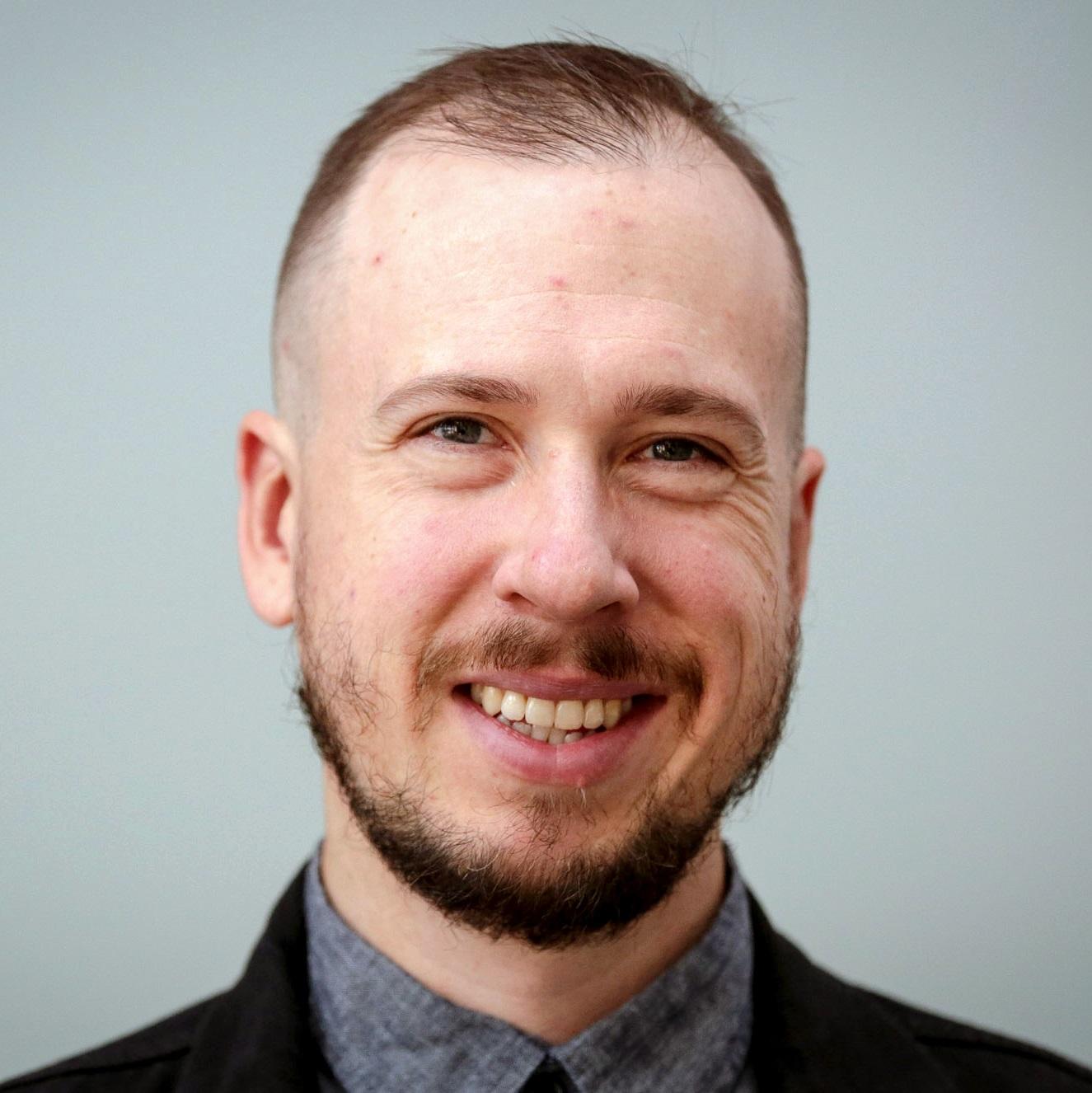
It's been known for a while that listening to music can help dementia patients. But a Colorado State University study reveals some positive effects of classical music performed in a social setting.
“We really think that the implications for this are pretty far reaching, that the findings are not as much about symphonic music as much as they are about participation in a community event,” CSU associate professor of psychology and lead researcher Jeni Cross says.
The research comes out of a program called B Sharp. More than 20 dementia patients and their primary caregivers attended a series of Fort Collins Symphony concerts. Researchers then assessed mood, memory and attentiveness before and after the concerts. A summary of the preliminary results doesn’t include much data. However, the study did find improvements in mood and cognitive abilities over time for most of the participants.
Cross says at best she expected to see a slower decline in cognition for those attending the symphony. That’s because dementia is a degenerate disease.
“Good results might be no change,” she says. “Our results show that people’s performance on those cognitive tests was better in June than it had been in September. This is a really stunning result.”
The 9-month study also shows a significant benefit for caregivers, who often feel stressed and isolated. That’s why it’s important to offer an outlet for caregivers too, as B Sharp chair Angel Hoffman told CPR News.
"Friends don’t come around as often,” she says. “They may be hesitant to go out into the community and go to dinner.”
CSU researchers plan to raise more money to further examine the concerts’ effects, such as on the sleep patterns and immune systems of participants.
“The best science would be to have a control group, but it’s easy to convince people that are getting some benefit coming to the concert to do the cognitive assessments,” Cross, the lead researcher, says. “With the limited dollars that you can get from a totally community funded research project, we settled on doing tests just for the participants.”
B Sharp is now in its second year. Organizers hope to expand the Northern Colorado program to include other arts events. That process starts this month when organizers meet with staff at the Fort Collins Museum of Art.








